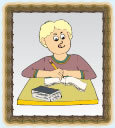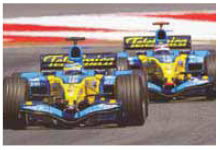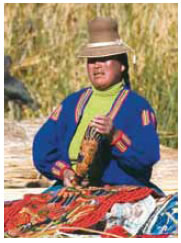 |
 
SELF - ASSESSMENT TEST
Name:..................................................... Class:.............................. Date:....................................................... Score:............./ 100
A. Accomplishments. Important things that mankind has done.
Read the notes and make sentences:
Step/moon, 1. invent/telephone, 2. travel/other planets, 3. find/cure/many diseases, 4. fly/in planes, 5. cross/oceans, 6. build/skyscrapers, 7. explore/all the continents, 8. travel/in space, 9. invent/TV, 10. build/fast cars
He has stepped on the Moon.

Points: ....... / 40
 B. Correct the sentences (use the present perfect in all):
1. He has went to Peru.
2. They has never been to the theatre.
3. Did you saw the new spaceship? It's fantastic.
4. How long did you live in Athens?
5. They have went to the party?
Points: ....... / 15
|
 |
||||||||||
C. The following are typical situations from everyday life. Look at the pictures and write what they have just done or haven't done yet:
Points: ....... / 25
D. Simple Past or Present Perfect? Fill in:
Points: ....... / 20
Tick what's true for you:

Learning strategies in English
WRITING:

Now I can:
|